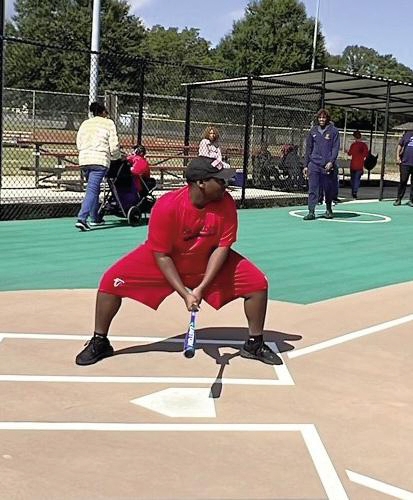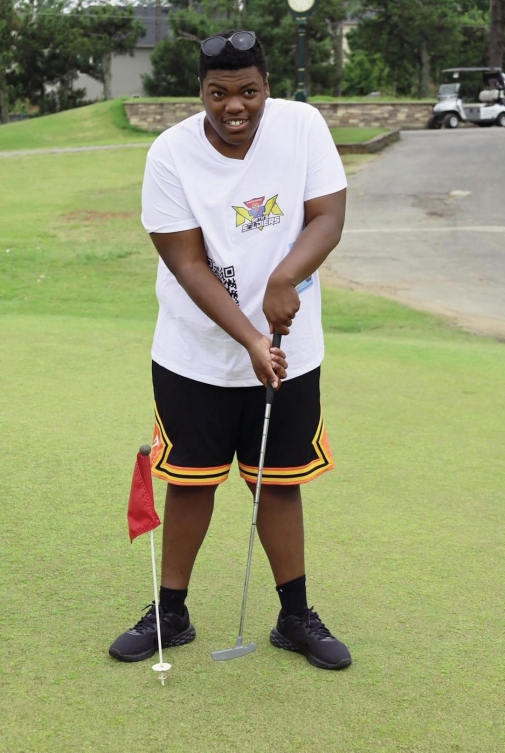Everyone has their own way of staying active and healthy. For some, a brisk walk around the block is enough to clear the mind and get the blood pumping. For others, a lap around a track, hike in the woods or a game of kickball might be a better fit. However, for children with autism, finding the right balance of physical activity and nutrition can be challenging.
For Seth Morris, a 16-year-old autistic boy from Atlanta, a healthy diet and exercise plan of baseball, walking and weightlifting were the answer. Thanks in large part to his mom, Muhsinah Morris, Seth lost a whopping 70 pounds in the first year of his fitness journey and continues to thrive through healthy eating, exercise and extracurricular activities. His wellness journey wasn't always smooth sailing, but with a bit of creativity, discipline and dedication, his family is helping him learn to eat healthy and take care of his body—two habits that will serve him well in the future.
THE BENEFITS OF AN ACTIVE LIFESTYLE
Regular physical activity is one of the most important things people can do for their health. According to the CDC, being physically
active can improve brain health, manage weight, reduce the risk of disease, strengthen bones and muscles, and improve your ability to do everyday activities.1 It's no secret that what's good for the body is good for the mind. Even small amounts of physical activity have been shown to reduce mental health conditions like depression and anxiety.
"Studies have shown that exercise helps with executive function, anxiety, stress management and mood. In general, people who have an active lifestyle are much more emotionally resilient and focused. There also seems to be some evidence that physical exercise helps people with depression and ADHD, which are commonly co-occurring conditions with autism," says Dr. Jean Gehricke, Ph.D., licensed clinical psychologist and associate professor at The Center for Autism and Neurodevelopmental Disorders at University of California, Irvine (UCI). UCI is part of the Autism Speaks Autism Care Network (ACNet), a network of 20 health centers in the U.S. and Canada that is delivering better care to children with autism and their families. To find your local ACNet site, go to autismcarenetwork.org/locations.
Seth is seeing these benefits firsthand. According to his mom, becoming healthier has helped both his body and mind. Since starting his exercise regiment, Seth has become more focused at school and no longer struggles with behavioral outbursts. "Putting his body to the test and making him do hard work like running, throwing a ball and lifting weights is really helping him stay grounded. I haven't seen any self-injurious behavior in years, any aggression in school – all of that is gone completely," says Muhsinah.
THE SWING OF IT: (Below left) Seth in the batter's box; (Below right) Playing golf with his dad has become a great new hobby for Seth.

